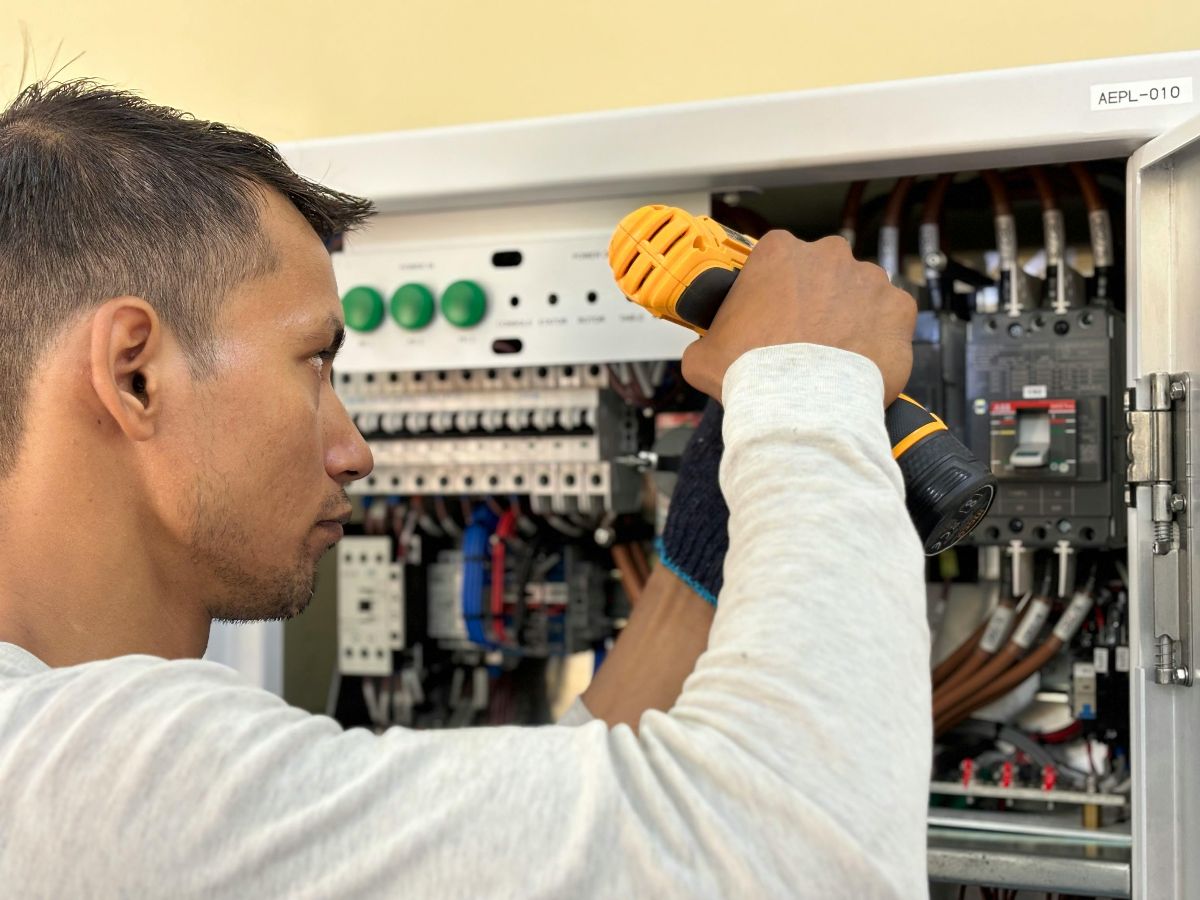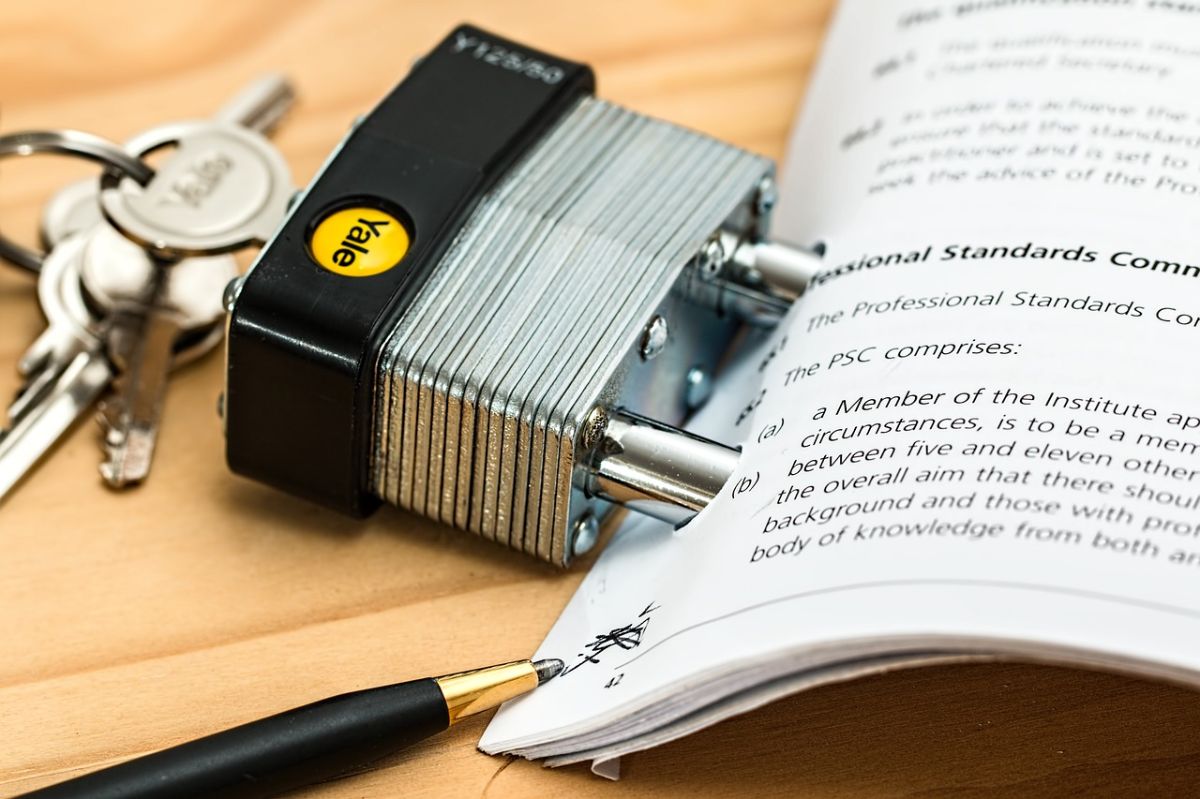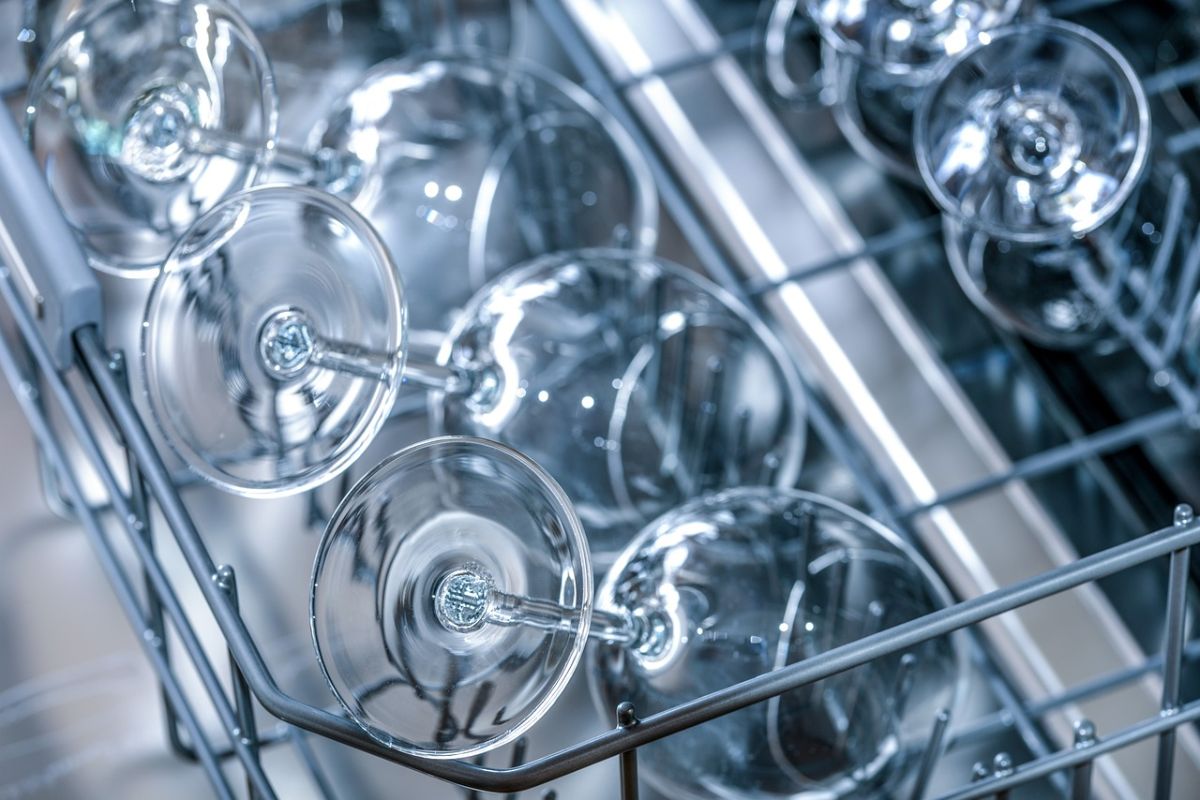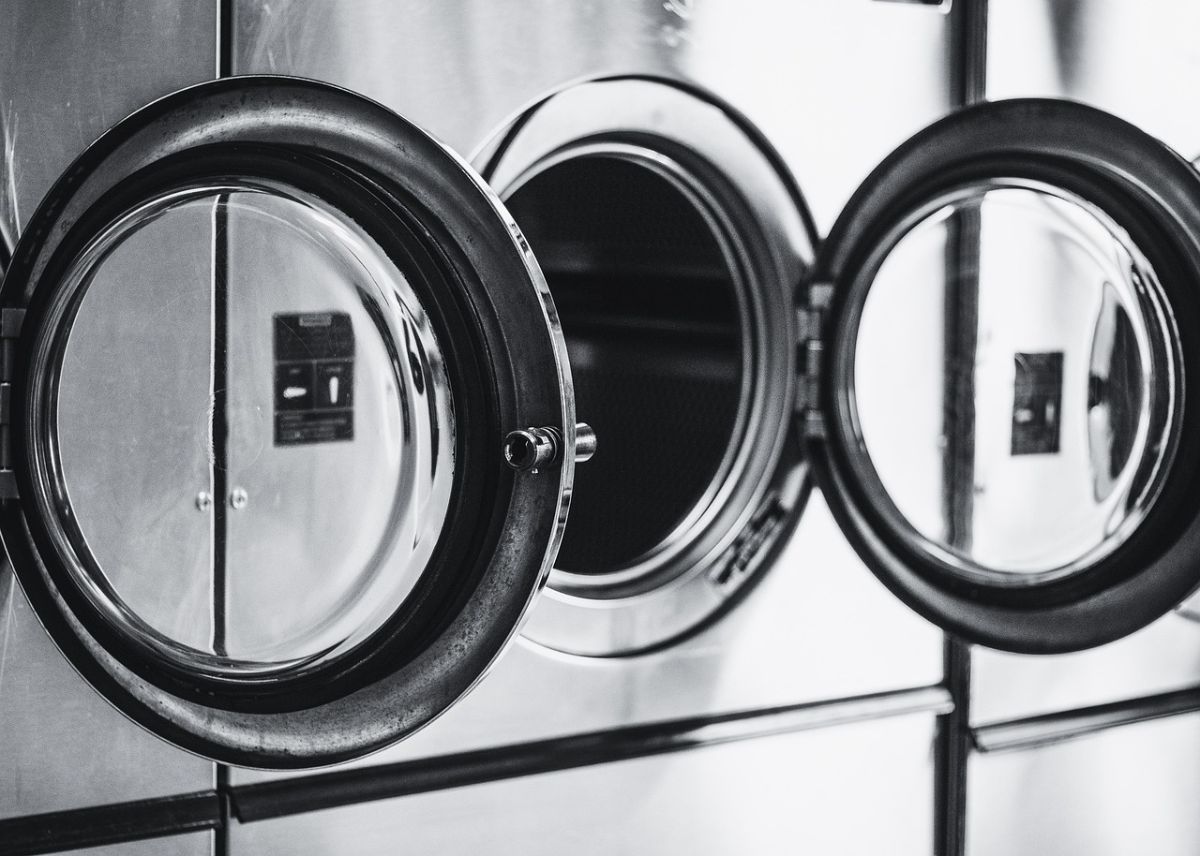Household appliances are essential to our daily routines, providing convenience and efficiency. However, they are vulnerable to numerous threats such as power surges, voltage fluctuations, lightning, hard water, humidity, and even pests. If not properly protected, these threats can lead to costly repairs or shorten the lifespan of your appliances. Here are 20 practical ways to protect your household appliances and keep them running smoothly for years to come.
1. Use Surge Protectors
Power surges caused by lightning, faulty wiring, or grid fluctuations can severely damage electronic appliances. To guard against this, plug devices into high-quality surge protectors. For comprehensive protection, consider installing a whole-house surge protector that shields all electrical circuits in your home.
2. Install Lightning Rods
A direct lightning strike or even a nearby hit can induce voltage spikes that destroy appliances. Installing lightning rods helps channel the electrical energy from a strike safely into the ground, minimizing the risk of damage to your home’s wiring and connected appliances.
3. Use Voltage Stabilizers
Voltage drops, also known as brownouts, occur when electrical supply temporarily dips below normal levels. These dips can strain appliances with motors or compressors. Voltage stabilizers ensure a consistent voltage supply, helping appliances operate safely during minor electrical fluctuations.
4. Install Battery Backup Systems
Unexpected power outages can disrupt or damage appliances, especially those with delicate electronics. Installing a battery backup system or standby generator ensures your essential appliances continue to function or shut down properly, reducing the risk of damage from sudden power loss.
5. Use a UPS for Key Appliances
Uninterruptible Power Supply (UPS) systems are especially useful for appliances that require constant power, such as computers, routers, and medical equipment. A UPS provides short-term backup power and can prevent data loss or equipment damage during load shedding or brief outages.
6. Install Voltage Regulators
High voltage can cause overheating and eventual failure of appliances. Voltage regulators work to bring high or fluctuating voltages back to safe levels, thereby preventing electrical damage and prolonging the life of your appliances.
7. Guard Against Low Voltage
Just as high voltage can be harmful, low voltage conditions can prevent appliances from operating efficiently and may damage internal components over time. Using automatic voltage stabilizers can help maintain a stable current and ensure appliances receive the appropriate power they need to function correctly.
8. Soften Hard Water
Hard water, which contains excess minerals like calcium and magnesium, can lead to scale buildup in water heaters, washing machines, and dishwashers. Installing a water softener system reduces mineral deposits and protects internal components, thereby extending the lifespan and efficiency of your appliances.
9. Shield Against Salt Water
If you live in a coastal area, salt-laden air and water can accelerate corrosion of appliances, especially those placed outdoors or in open areas. Rinse and dry exposed surfaces regularly, and consider using protective coatings, anti-corrosion sprays, or appliance covers to minimize the impact of salt exposure.
10. Prevent Rust Formation
Appliances kept in damp or humid areas like basements, laundry rooms, or kitchens are more prone to rust. To prevent rust buildup, keep these areas well-ventilated, use a dehumidifier when necessary, and apply rust-resistant paint or coatings to vulnerable metal surfaces.
11. Schedule Regular Maintenance
Routine maintenance is one of the most effective ways to prevent appliance breakdowns. Follow the manufacturer’s maintenance schedule, clean filters and vents regularly, inspect wiring, and replace worn-out parts to keep your appliances in optimal working condition.
12. Ensure Proper Installation
Incorrect installation can lead to improper operation, increased wear, and even safety hazards. Make sure all appliances are installed according to manufacturer instructions, and if you’re unsure, consider hiring a certified technician to handle the setup.
13. Unplug Appliances During Storms
Electrical storms pose a significant risk of voltage surges. During storms, unplug sensitive appliances such as TVs, computers, and microwaves—especially if they’re not connected to surge protectors. This simple step can prevent significant damage from lightning-induced electrical spikes.
14. Choose Energy-Efficient Appliances
Modern energy-efficient appliances often come with built-in protections against voltage fluctuations and overheating. They are designed to operate more safely and economically, helping reduce both energy bills and the risk of internal damage from inconsistent power supply.
15. Use Appliance-Specific Protections
Each appliance has unique protection needs. For instance, refrigerators and freezers can benefit from temperature alarms that alert you to rising temperatures due to power loss. Air conditioners should be paired with HVAC-specific surge protectors, and washing machines may need anti-vibration pads or proper leveling to reduce mechanical strain.
16. Read the Appliance Manual
Appliance manuals often contain crucial instructions on safe use, cleaning, and troubleshooting. Reading the manual helps you understand specific operational requirements and prevents you from unintentionally damaging your appliance through improper use.
17. Keep Pests Out
Rodents and insects can chew through wires and insulation, causing significant damage to appliances. Ensure your home is sealed properly to block entry points, and use traps or natural repellents in areas where appliances are installed, particularly in basements or garages.
18. Review Your Insurance Policy
Standard homeowners’ insurance may not always cover damage caused by power surges, lightning, or flooding. Check your policy details and consider purchasing additional coverage to protect expensive appliances from external events beyond your control.
19. Schedule Professional Inspections
Periodic inspections by a qualified technician can help identify issues like worn parts, loose connections, or inefficiencies before they become serious problems. Annual check-ups for appliances like HVAC systems, water heaters, and large kitchen equipment can prevent unexpected failures.
20. Understand Warranty Terms
Each appliance comes with a warranty that outlines what is and isn’t covered. Be sure to register your appliances and understand the warranty terms. Knowing the duration and coverage details will help you get timely repairs or replacements without incurring additional costs.
Protecting your household appliances is not just about extending their life—it’s also about ensuring safety, saving money, and avoiding unexpected disruptions. By following these 20 tips, you can significantly reduce the risks associated with electrical issues, environmental factors, and wear and tear. Take a few proactive steps today and enjoy the lasting performance and reliability of your appliances for years to come.









